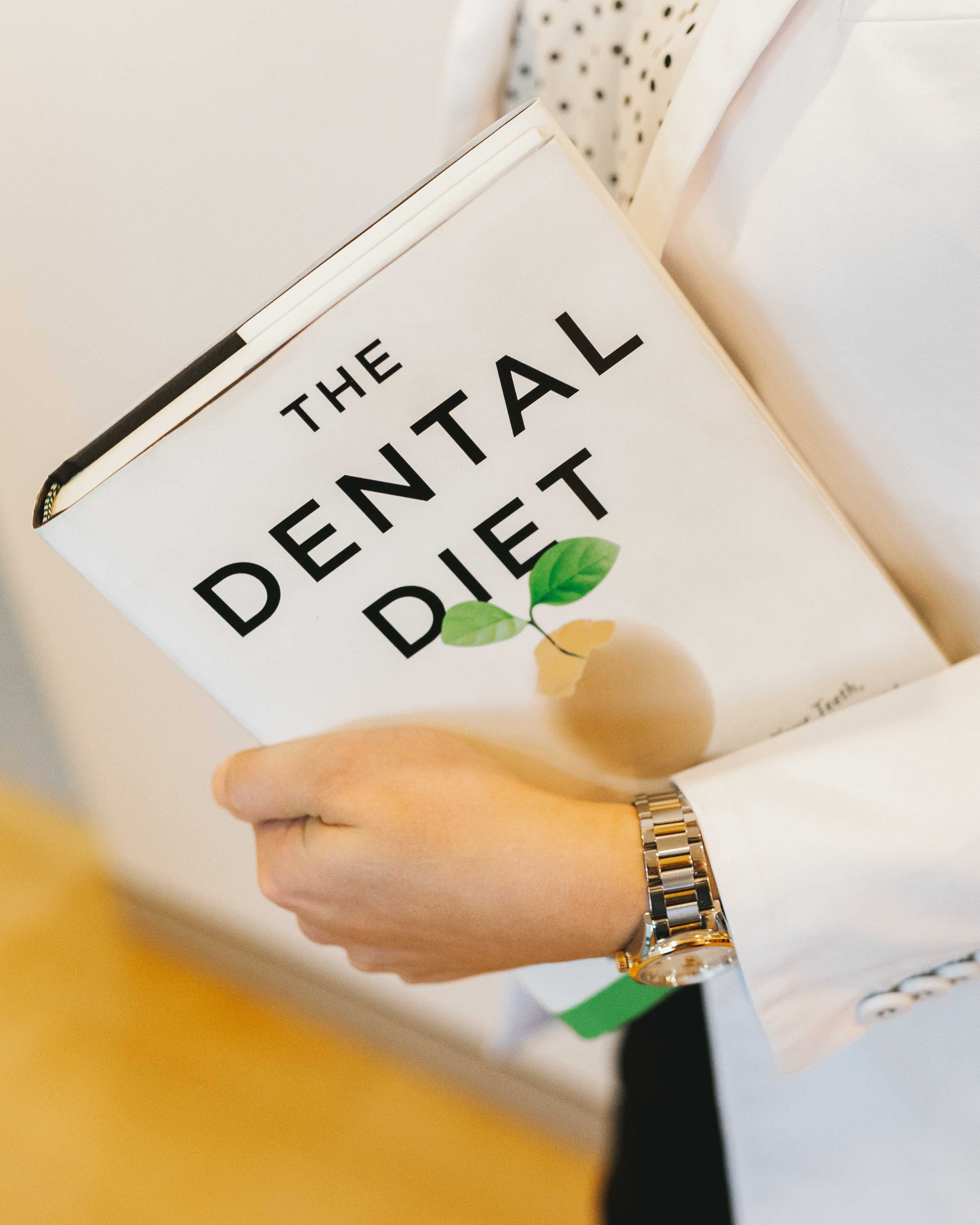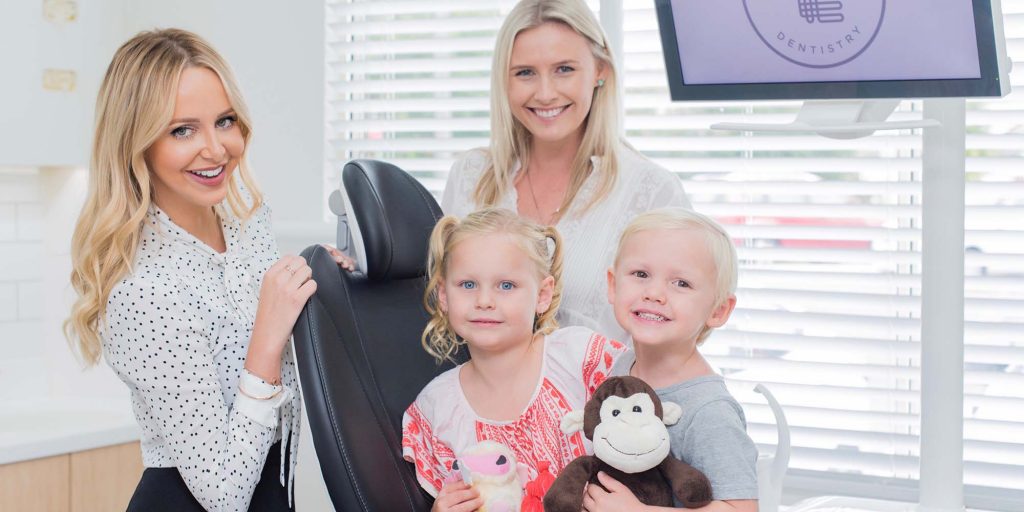
Dental Health Week: How to take the bite out of our dental health crisis
Expensive and painful dental treatments have become part of growing up for many children; a sad reality that Helix Dentistry is determined to change for

We welcome patients of all ages here at Helix Dentistry, but we especially love seeing children. Our caring dental team encourage parents to bring their children in for regular visits. With the right professional dental care, combined with good oral care at home, children can often grow up with healthy, cavity-free teeth.
Your child’s first dental visit can take place soon after they get their first tooth. This is just an opportunity for our dentist to take a quick look inside their mouth and is a chance for you to get some great advice about their dental care at home. As they grow up, we will need to see them regularly and we will work with you to ensure their teeth remain healthy and strong by providing a customised treatment plan. This will detail how frequently we feel they should come and visit us, and any treatments we think will be beneficial for their dental health.
What type of treatments can you provide for my child?
We provide a great range of preventative and general dental treatments for children. These include comprehensive evaluations and hygiene appointments, as well as fillings and root canal therapy. Helix Dentistry can also provide early intervention orthodontics if needed. Our preventative dentistry treatments include fluoride applications to protect against tooth decay, as well as fissure sealants which are used to protect a child’s adult back teeth against cavities.

Expensive and painful dental treatments have become part of growing up for many children; a sad reality that Helix Dentistry is determined to change for

Did you know that bacteria in your mouth actually protect your teeth from decay and gums from gum disease? There is increasing use of probiotics

Upper Airway Resistance Syndrome – Never heard of UARS? Well don’t worry, you’re not alone. It’s always been here, but as a health profession we’ve


